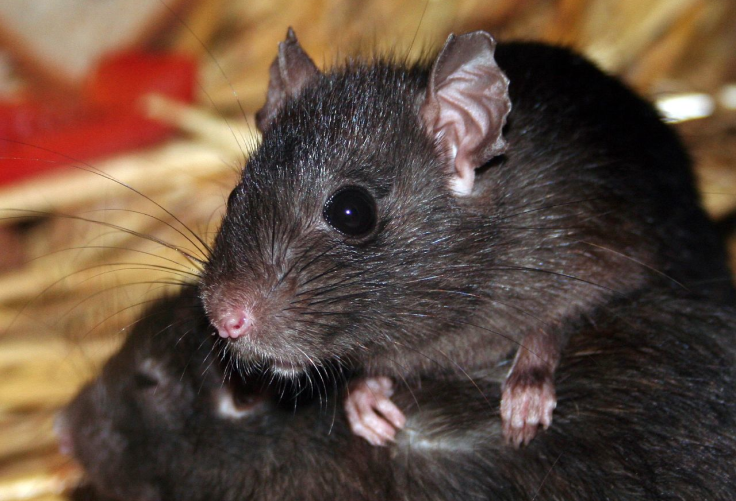Rat Meat Ring Busted In China: Officials Confiscate 22 Tons Of Tainted Meat

In a stomach-churning press release, China's public security ministry announced that authorities have arrested 904 people for "meat-related offenses" in the past three months. Included in these arrests was one ring of meat crooks who made over 10 million yuan ($1.6 million) by selling rat, fox, and mink meat at markets.
A suspect named Wei, who authorities believe to have led the organization, would purchase the unpalatable meat, treat it with gelatin, carmine, and nitrate, then spice it up and sell it as mutton (lamb) in Jiangsu and Shanghai province farmers' markets.
In February, police raided Wei's base. These arrested 63 suspected gang members and seized 10 tons of fake meat.
Overall, authorities have seized over 22 tons of fake or inferior products in the past three months. In the counterfeit products, E. coli levels "seriously exceeded standards," the ministry said.
Wei was only one of a number of perpetrators.
Last year, lamb cooked in a restaurant in Shaanxi province killed a customer and poisoned others. This tainted meat was traced to a suspect named Hao.
In Fujian province, a group of suspects were arrested after authorities found out that they had been taking diseased pig carcasses, and then butchering and selling the meat as though it were clean.
And in Guizhou province, factories were found to have been soaking chicken feet in hydrogen peroxide before shipping them out for sale.
It may be that the recent decline in both pork and poultry demand has led farmers to go to great lengths to make up for lose sales. In March, 16,000 pig carcasses were found rotting and floating in the Huangpu River in Zhejiang province. Officials have yet to explain why, but since, pork sales have dropped. And, since April — when the H7N9 bird flu virus began to spread through China — sales of poultry have dropped by 80 percent in eastern China, Reuters reported.
Food safety in China has been a major issue for years. In recent years alone, there have been reports of chemical-tainted milk and baby formula, glow-in-the-dark pork, lead- and cadmium-laced rice, fake eggs, fruit soaked in pesticide, and carcinogenic cooking oil.
Recently state officials have been making stronger efforts to crack down. For example, new guidelines for harsher penalties for those found guilty of food-related crimes were announced by China's high courts on Friday, reports The Guardian.
Rat meat, while perhaps revolting, in-and-of-itself is not necessarily dangerous to eat. In some countries — Cambodia and Thailand being notable examples — rat is commonly served in both restaurants and in households. However, when it is sold under false pretenses and under the table, there is absolutely cause for concern. The illegal meat samples confiscated in China were rife with E. Coli, a bacteria that can cause food poisoning, and, in some cases, life-threatening infection.
While most adults who get E. Coli poisoning have a brief (weeklong) bought of diarrhea, stomach cramping, and nausea, some — particularly the elderly, children, or those with weakened immune systems — could develop life-threatening form of kidney failure called hemolytic uremic syndrome.
Published by Medicaldaily.com



























